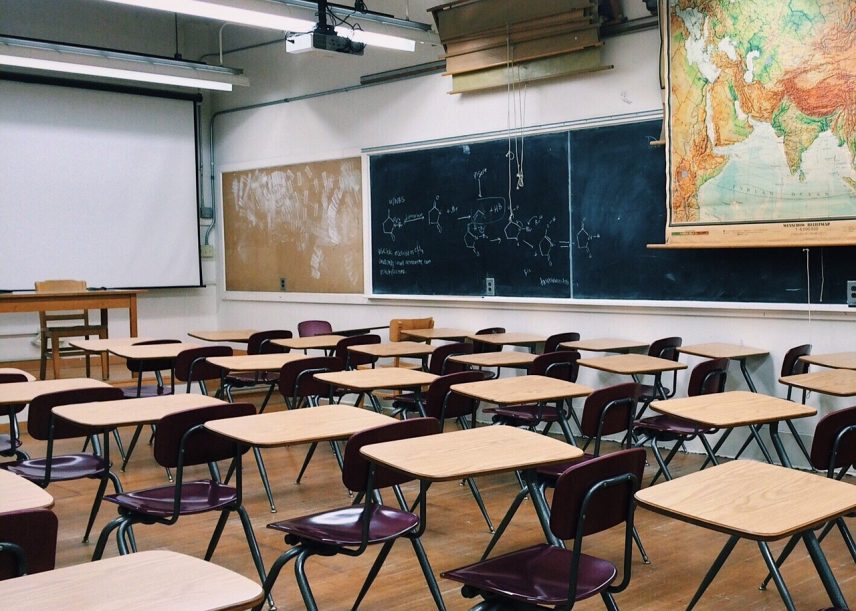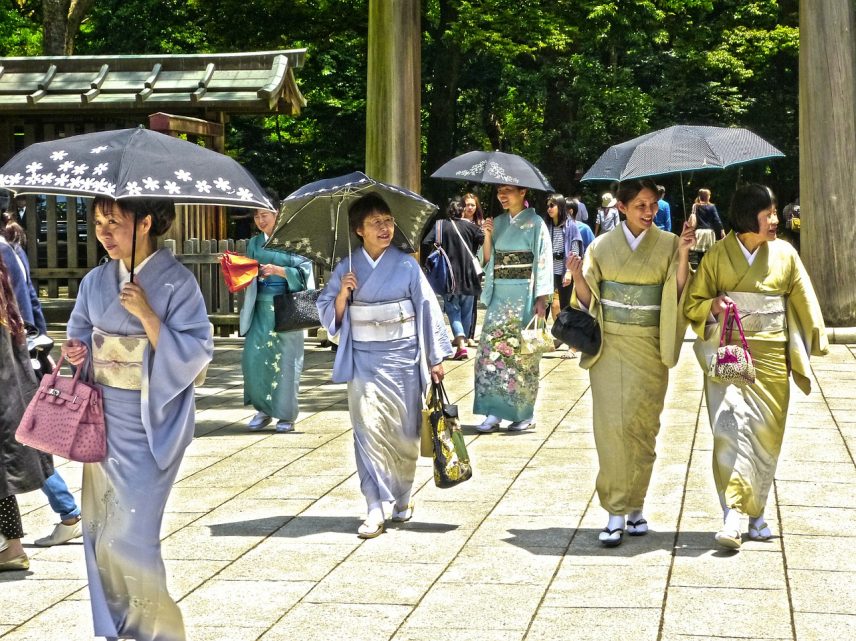An emphasis needs to be placed on the all-round benefits of learning outdoors and the importance of personal, social and health education.
Learning Outside the Classroom is more than a manifesto. Enter any school and you will see attempts to broaden the experiences outside the classroom, even if it is still within the school grounds.
Away from the cloud of the unknown and growing uncertainties under the ‘Gove concept of learning’, there is an army of ambitious and creative teachers joined annually by a host of new recruits bursting with ideas and energy.

However, as much as we turn to a combination of innovation and ‘old-school’ resourcefulness, there is an element of the learning process that is hard to replicate in a limited environment – experiences.
Teachers have memories of a experiences outside classrooms and often wish to replicate these for their own students. Going about organising the trip and putting the tour in place is an experience that is traditionally less desired! This experience can mean the chance to study plate tectonics in the Bay of Naples erodes. The idea of walking on Omaha Beach to trace the footsteps of soldiers on D-Day is slowly washed away.
Sometimes there is a fear that we are alone in planning the trip, organising transport and accommodation and even running the trip, but we’re not! From online tools like Evolve to complete school visits in the locality to an experienced company like us lot at Travelbound! It is possible to run (and enjoy) an educational tour abroad for your students.
It is possible to run (and enjoy) an educational tour abroad for your students!
World beyond the classroom walls
The chance to experience the world beyond the atlas, library box loans and videos on the beaten-up school VCR player is an essential part of a young person learning and developing.
Whatever the age, ability or personal circumstances of the student, schools can grasp opportunity to provide an experience not replicated within the school walls.

Like with anything, we as educators like to tap into what we know. Our comfort zone is made up of the tried and tested strategies for learning and experience of learners.
A trust needs to be developed in entering a new learning environment that has been vetted by our peers. We need to know opportunities to truly deliver a new and unique experience for students exist there.
Let’s dive back into what we learn about pedagogy. How can you make your teaching interactive, impactful and interesting? Looking at the principles of VAK (Visual, Auditory, Kinaesthetic) you will be hard pushed not to tick all three off when learning outdoors.
Valuable assets gained immediately from entering and adapting to a new environment:
- Promoting effective teamwork
- Opportunities for independence
- Allowing students to face new challenges
- Learning social interaction outside of their normal environments
From classroom to Japanese prefecture
For Staffordshire University, a trip to Tokyo allowed for students to explore culture, fashion and diversity. They watched a Shinto wedding, visited Mount Fuji, attended a Buddhist tea ceremony and walked through the fashion district of Harajuku. They described the tour as an ‘amazing opportunity’ and a ‘dream come true’.

When we learn, we develop and take on something new. The trip offered the opportunity to witness something they had never seen before and experience something real, something authentic.
Learning outdoors does provide a truly unique experience. It’s an opportunity for you to provide students with inspiration. Whether you wish to ignite a passion for a subject, improve focus or even reduce poor behaviour, an experiential trip overseas allows you to tap into the students. It allows you to better understand the triggers for learning and break down barriers better attainment.


Comments are closed here.